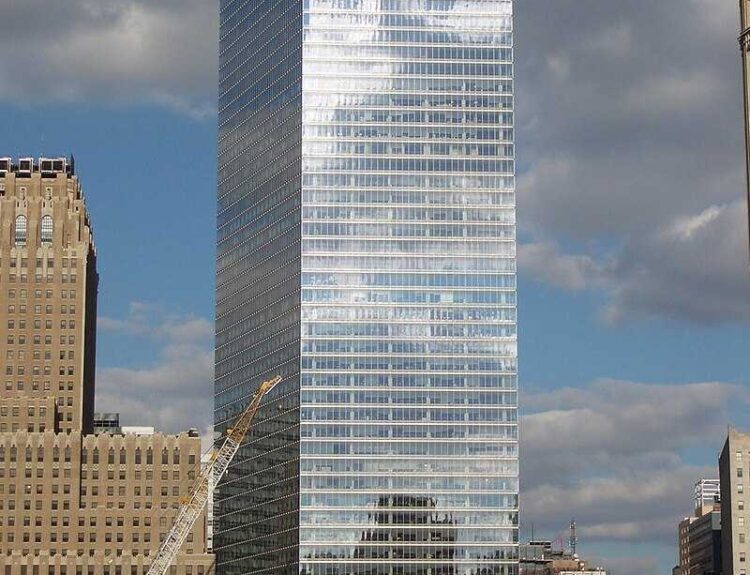As Americans flock to storm-prone states, investors must rethink their strategies.
- Florida faces the highest hurricane risk in the U.S., impacting property values.
- Population growth in the South, particularly Florida and Texas, is attracting investors.
- Institutional landlords are heavily investing in hurricane-prone areas despite risks.
- Insurance costs are rising due to increased natural disasters and claims.
- Rising premiums are affecting property valuations, especially in Florida.
- Investors may need to consider climate resilience when choosing property locations.
As more Americans relocate to states like Florida and Texas, which are prone to natural disasters, the risks associated with property investments are becoming increasingly significant. Florida, known for its high home prices and frequent hurricanes, poses a unique challenge for both homeowners and investors. Parag Khanna, who helped his parents find a safer retirement location, founded a company that analyzes climate risks across U.S. neighborhoods, emphasizing the importance of geography in property investment decisions. nnDespite the growing awareness of climate risks, many Americans, including retirees and young families, are moving without fully considering how changing weather patterns could affect their home values. The South has seen a population surge, gaining nearly 4 million residents since the pandemic, with many drawn by lower living costs and favorable taxes. Institutional landlords are capitalizing on this trend, investing heavily in the Sun Belt housing market, expecting that population growth will drive up home prices and rents. nnHowever, many of these investment hotspots are vulnerable to extreme weather. For instance, institutional landlords own a significant portion of rental properties in cities like Jacksonville, Tampa, and Orlando, which are all at high risk for hurricanes. The insurance industry is responding to these risks with higher premiums, which have surged due to a record number of natural disasters causing over $1 billion in damages each. nnInsurance costs have risen sharply, particularly in states like Florida, North Carolina, and Louisiana, where homeowners have seen premiums increase significantly. This rise in costs is also affecting property valuations, with multifamily apartment buildings losing value due to escalating insurance expenses. In Florida, for example, rising premiums have reduced apartment values by nearly 7%. nnWhile insurance is just one of many costs for property investors, the impact of these rising premiums cannot be ignored. Investors are finding it increasingly difficult to underwrite deals in storm-prone areas, leading some to reconsider their strategies. As the market evolves, landlords may need to diversify their portfolios to include properties in more climate-resilient cities, even if those locations don’t currently appear to be lucrative. nnIn conclusion, as Americans continue to move to areas at risk of natural disasters, both homeowners and investors must pay closer attention to climate risks and their potential impact on property values. Understanding the weather report may be just as important as understanding the market.·
Factuality Level: 7
Factuality Justification: The article provides a detailed analysis of the impact of climate change on real estate in Florida and other states, supported by data and expert opinions. However, it includes some speculative statements about future trends and potential risks that may not be universally accepted, which slightly detracts from its overall factuality.·
Noise Level: 8
Noise Justification: The article provides a thorough analysis of the implications of climate change on real estate investment, particularly in hurricane-prone areas like Florida. It discusses the rising insurance costs, the impact of extreme weather on property values, and the migration trends in the U.S. The article supports its claims with data and examples, and it raises important questions about the future of property investment in relation to climate risks. However, it could benefit from a more in-depth exploration of potential solutions or actionable insights for investors.·
Public Companies: Blackstone Real Estate Income Trust (BX), CBRE (CBRE)
Private Companies: AlphaGeo,DB Capital Management
Key People: Parag Khanna (Founder of AlphaGeo), Matt Vance (Head of Americas Multifamily Research at CBRE), Brennen Degner (Co-founder of DB Capital Management)
Financial Relevance: Yes
Financial Markets Impacted: The article discusses the impact of climate change and rising insurance costs on property values and investment strategies in Florida and other states, affecting real estate markets and institutional investors.
Financial Rating Justification: The article focuses on how climate risks and insurance costs are influencing property investments and market dynamics, which are crucial financial topics for investors and homeowners.·
Presence Of Extreme Event: No
Nature Of Extreme Event: No
Impact Rating Of The Extreme Event: No
Extreme Rating Justification: The article discusses the risks associated with hurricanes and climate change in Florida, but it does not report on a specific extreme event that occurred in the last 48 hours.·
Move Size: 6.8%
Sector: Real Estate
Direction: Down
Magnitude: Large
Affected Instruments: Stocks
 www.wsj.com
www.wsj.com 





